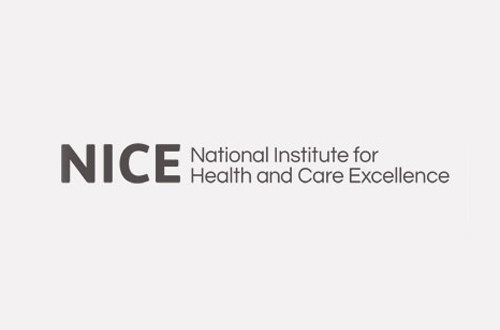
NICE has given a final recommendation to Pfizer’s new kidney cancer pill Inlyta (axitinib) – but has rejected Dendreon’s prostate cancer treatment Provenge (sipuleucel-T).
Pfizer’s Sutent (sunitinib) follow-up Inlyta is now recommended in final guidance as an option for treating adults with advanced renal cell carcinoma (RCC) in a second line setting.
England’s drug pricing watchdog was swayed by a patient access scheme for Pfizer’s drug, which cuts the overall cost of treatment – although by exactly how much remains confidential.
Professor Carole Longson, health technology evaluation centre director, said: “NICE has previously recommended two drugs for advanced renal cell carcinoma: [Pfizer’s Sutent] sunitinib and [GSK’s Votrient] pazopanib, both as first-line treatments, and we are pleased to confirm that Inlyta will be made available through the NHS for patients after these first-line treatments have failed.”
The drug comes in 1mg and 5mg tablets and priced at £703.40 and £3,517 per 56-tablet pack. The recommended starting dose of 5 mg twice daily may be increased to 7mg and then up to 10mg, or decreased to 3mg and then down to 2mg, depending on individual safety and tolerability.
Its QALY was high, with NICE estimating it to be around £45,000 per QALY gained – far over the Institute’s usual limit of £30,000 per QALY gained.
But in a rare occurrence, NICE allowed Inlyta to be assessed under its end-of-life criteria, which pushes the QALY limit up to £50,000 for drugs that can help patients live longer with a terminal disease. The patient access scheme discount was also taken into account.
Provenge rejected
But while there was good news for Pfizer, NICE has not recommended Dendreon’s flagship cancer vaccine Provenge for the treatment of prostate cancer.
The body says this is because the available evidence showed that the price the NHS is being asked to pay for the drug is “too high for the benefit it may provide to patients”.
Commenting on the Provenge decision, Professor Longson said: “Unfortunately Dendreon has been unable to show that sipuleucel-T works better than other treatments currently available. It was also not proven to delay the progression of the disease, unlike current treatments. Based on the evidence presented, NICE is unable to recommend the NHS provides funding for this drug, as it costs too much for the extra benefit it may provide.”
The drug has not been recommended within its marketing authorisation for treating adults who have asymptomatic or minimally symptomatic metastatic non-visceral hormone-relapsed prostate cancer, for which chemotherapy is not yet clinically indicated.
NICE said that after its assessment, it concluded that the trials fore the drug did not show that Provenge could delay disease progression compared with placebo.
According to Dendreon, the cost of its drug is £16,141 per dose, including the costs of the novel drug’s manufacture and transportation. A course of treatment is expected to cost £47,132 and can treat a patient population of about 4,600 patients in England.
The QALY scores for the drug were especially high: for the subgroup of patients who had not received prior chemotherapy, the cost per QALY was at least £512,000 (based on the company’s analyses) or at least £244,000 when compared with Janssen’s new prostate cancer drug (and NICE-approved) Zytgia (abiraterone).




